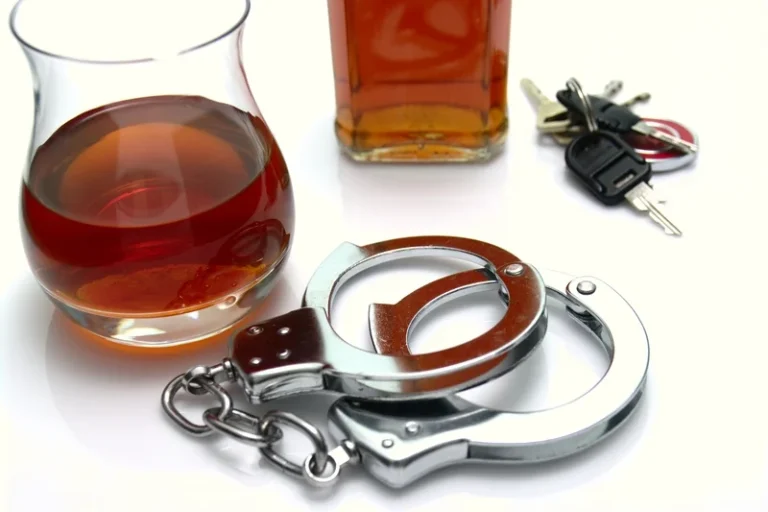
Phentermine is a type of stimulant medication that’s similar to amphetamines. Because of how it affects the brain, there’s a risk that it can become habit-forming. Stress, sleep disruption, alcohol, and medications can trigger one or more episodes.
Women Have a Harder Time Sleeping After Menopause
If you experience frequent hangovers or concerns about alcohol withdrawal, you may be struggling with alcohol misuse or addiction. Without treatment, it can be extremely difficult to stop drinking on your own. Alcohol withdrawal is caused by the absence of alcohol in the body after a person has become physically dependent upon it. After chronic drinking, the body adapts to the presence of alcohol, causing tolerance, which means alcohol is needed for the body to function normally. Then, in the absence of alcohol, the body reacts with withdrawal symptoms. Because of the severity of these mental health issues, getting help for a behavioral disorder is crucial.
Selection of Studies
Hormone-friendly sleep habits9 make a big difference in midlife—and they’re about more than just getting off your phone before bed. https://ecosoberhouse.com/ We cover this in my Perimenopause Plan, which also includes 21 tasty recipes to help you optimize your hormone health. Always work with a qualified practitioner before starting new supplements or hormones, especially if you take other medications or have an existing health condition. Hormones are one of the most overlooked but most powerful drivers of sleep disruption5 during midlife. As estrogen and progesterone begin to decline (and fluctuate unpredictably) during perimenopause, they can take a direct toll on the very systems that regulate your sleep-wake cycle. If you’re in your 40s and suddenly waking up at 3 a.m.—wide-eyed, sweating, and wondering if something is seriously wrong with you—please know you’re not alone.
How to Know if Your Sleep Struggles Are Hormone-Related (Not Just Stress):

Vitamin B12 deficiency can cause a number of insomnia after drinking symptoms, including dizziness, fatigue, weakness, and shortness of breath. If you have vitamin B12 deficiency, your doctor will likely recommend treatment with vitamin B12 supplements. If you are experiencing dizziness and you are taking any medications, talk to your doctor. They may be able to adjust your dosage or switch you to a different medication that is less likely to cause dizziness. Migraines are a common neurological disorder that can cause severe headaches, nausea, and vomiting. It typically lasts for 5 to 20 minutes and can include visual disturbances, sensory changes, and speech problems.

- This chronotype is commonly seen in adolescents and those with psychiatric disorders.
- This phenomenon suggests a relatively long-lasting change in sleep regulation.
- What makes this particularly challenging is how these hidden sugars can trigger cravings and renewed addiction cycles without conscious awareness.
- When consumed regularly, the body adapts to its presence by altering the balance of neurotransmitters, which are chemical messengers in the brain.
- Approximately 56% have a nonanatomical basis for OSA, including loop gain (a measure of respiratory stability), arousal threshold, and poor muscle response, she said.
- Future studies should unravel these tentative associations in individuals who misuse alcohol.
People with insomnia may have difficulty falling asleep or keep waking up during the night. People with co-occurring medical conditions have an even higher risk of developing insomnia and/or substance use disorder. Insomnia doesn’t directly cause alcoholism, nor does alcoholism always cause insomnia.
- People who become addicted to alcohol may continue to drink, even when it causes serious harm to their health and well-being.
- Individuals living with AUD experience much poorer sleep quality than those who consume moderate amounts of alcohol.
- People may develop a high tolerance for alcohol, leading them to drink more and more.
- If you have insomnia, taking Benadryl may seem the easiest solution, but it doesn’t work the same in everyone.
Alcohol withdrawal is a complex process that affects the body in multiple ways, leading to a variety of symptoms. One of the most common complaints during alcohol withdrawal is tiredness, which can range from mild fatigue to debilitating exhaustion. Understanding the causes of alcohol withdrawal tiredness is crucial for managing this symptom and navigating the recovery process. What makes this emotional dimension particularly difficult is how sugar’s effects mirror what therapists call “anxiolytic” properties—the ability to temporarily reduce anxiety. The blood sugar spike creates a brief sensation of calm and wellbeing that genuinely does reduce psychological distress in the short term, reinforcing sugar’s role as an effective, if ultimately harmful, emotional medication.
Circadian Rhythm Fasting
Food and Drug Administration and are not intended to diagnose, treat, cure, or prevent any disease. It may help you fall asleep, but alcohol disrupts REM sleep and worsens night sweats and insomnia in perimenopause. While alcohol may help you feel sleepy initially, it’s one of the most disruptive factors to the quality and depth of your sleep, especially in perimenopause when you’re already sensitive.

If you or a loved one struggles with alcohol abuse or addiction, you are not alone. Contact the treatment specialists at First Step Behavioral Health to learn about our comprehensive, compassionate recovery support programs. Reach out to get the answers to your questions or to schedule an intake appointment today.
Suffice it to say that more research is needed regarding the safety and effectiveness of benzodiazepine receptor agonists for the short-term management of insomnia in alcohol dependent patients (13). Among patients with diagnosed alcohol dependence, the rate of sleep disturbance is higher than the general population. The six studies of patients in alcohol treatment reported insomnia rates of 25–72% (36–41) (Table 3). Again, differing definitions and measurement of insomnia and alcohol dependence, as well as varied case mix among the samples, make comparison of these studies difficult. In an analysis of the Medical Outcomes Study data, the measure of alcohol use was limited to a dichotomous categorical definition–no history of use, past or current use (1). In addition, the preponderance Sober living house of cross-sectional studies limits conclusions regarding causal direction.
- By: saqartvelo
- 0 comment